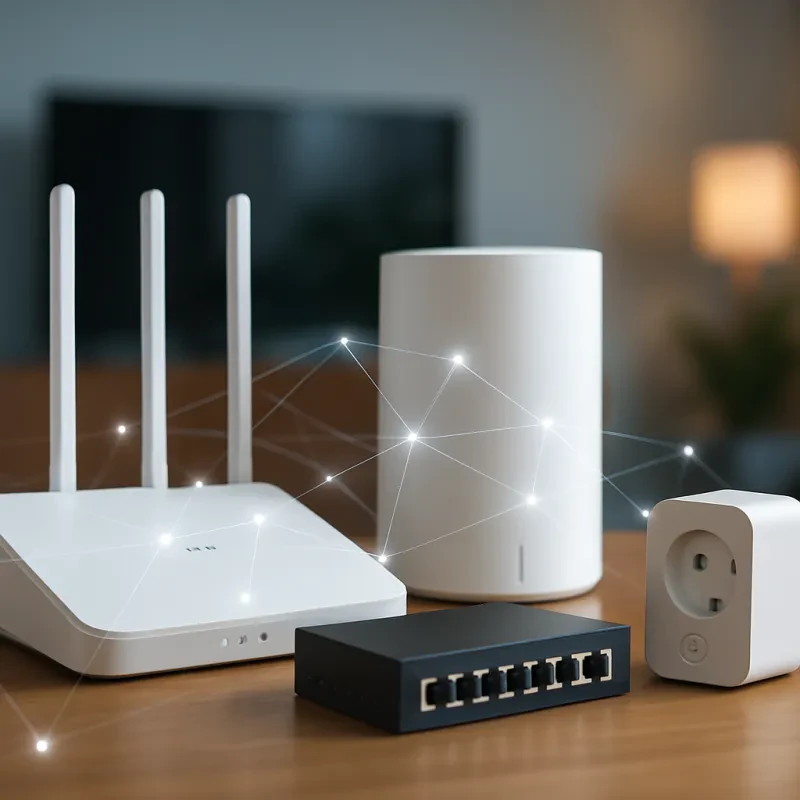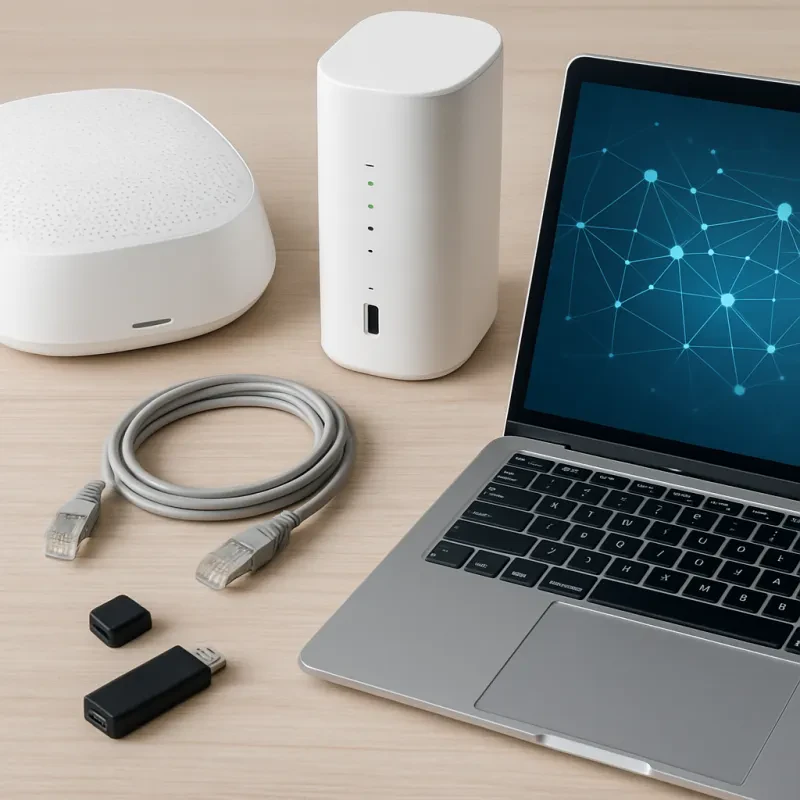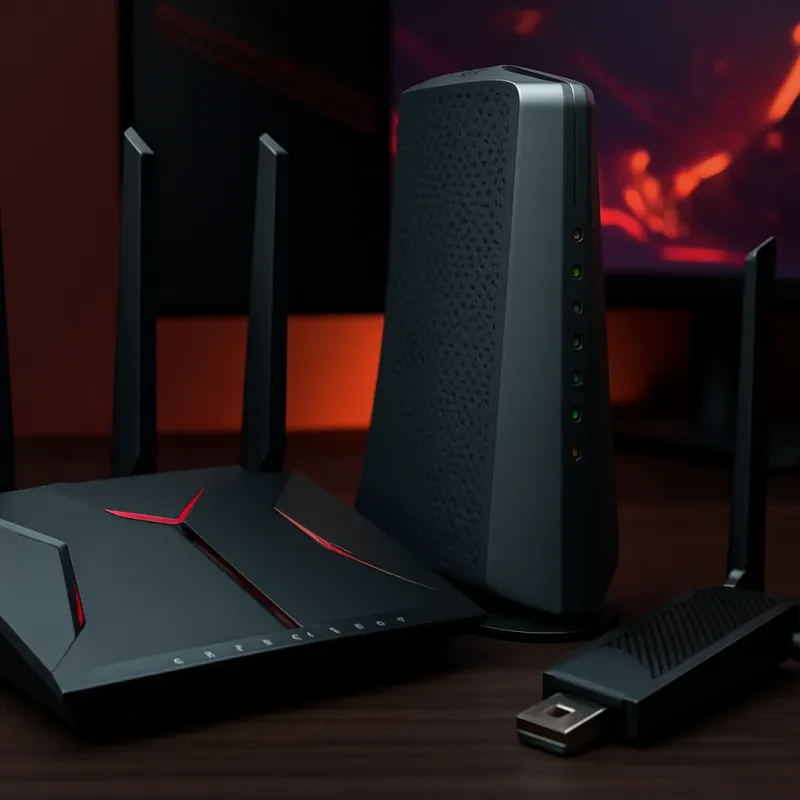Firewalls are an essential component of network security, acting as a barrier between your internal network and potential threats from the outside world. Without a firewall, your network is vulnerable to a wide range of cyber attacks, including viruses, malware, and hacking attempts. By implementing a firewall, you can control incoming and outgoing network traffic, blocking malicious content and keeping your data safe.
One of the main reasons why you need a firewall is to protect your sensitive information from unauthorized access. Hackers are constantly looking for ways to exploit vulnerabilities in networks, and without a firewall in place, your data could easily fall into the wrong hands. By setting up a firewall, you can create rules and policies that determine which traffic is allowed and which is blocked, ensuring that only legitimate users have access to your network.
Firewalls are also important for monitoring and managing your network traffic. With a firewall in place, you can track the flow of data in and out of your network, identifying any suspicious activity that could indicate a potential security breach. By analyzing firewall logs and alerts, you can take proactive measures to protect your network and prevent cyber attacks before they cause any damage.
How Firewalls Keep Your Network Secure
Firewalls play a crucial role in keeping your network secure from potential threats. Essentially, a firewall is a barrier between your internal network and the outside world, filtering out any malicious traffic that could harm your system. Think of it as the security guard that stands at the entrance of your network, checking every incoming and outgoing data packet to ensure it meets certain security criteria.
One of the key ways firewalls keep your network secure is by inspecting each data packet that passes through it. This process involves the firewall analyzing the source and destination of the packet, as well as its contents, to determine whether it should be allowed or blocked. By setting up specific rules and criteria, you can customize your firewall to only allow traffic that meets your security standards, thus preventing unauthorized access to your network.
Moreover, firewalls act as a first line of defense against various cyber threats, such as viruses, malware, and hackers. They can detect and block suspicious activity, such as unauthorized access attempts or unusual traffic patterns, before it can cause harm to your system. This proactive approach to network security helps to minimize the risk of a cyber attack and keep your sensitive data safe from potential breaches. Overall, firewalls are essential in safeguarding your network and ensuring that your information remains protected at all times.
Types of Firewalls to Consider
1. Packet Filtering Firewalls: These firewalls examine each packet of data that passes through the network and determine whether to allow or block it based on a set of predefined rules. While packet filtering firewalls are effective at blocking unwanted traffic, they can be less secure than other types of firewalls due to the limited amount of information they can use to make decisions.
2. Stateful Inspection Firewalls: Stateful inspection firewalls take packet filtering to the next level by not only analyzing individual packets of data but also monitoring the state of active connections. This enables the firewall to make more informed decisions about which traffic to allow or block, resulting in better overall network security.
3. Proxy Firewalls: Proxy firewalls act as intermediaries between internal and external networks, forwarding requests from clients to servers on their behalf. This allows the firewall to inspect incoming traffic more thoroughly and provide an additional layer of security by hiding the IP addresses of internal network devices.
4. Next-Generation Firewalls: Next-generation firewalls combine the features of traditional firewalls with additional security capabilities, such as intrusion prevention and application awareness. These advanced firewalls provide granular control over network traffic and help protect against sophisticated cyber threats.
When choosing a firewall for your network, consider factors such as the level of security required, ease of configuration, and compatibility with your existing network infrastructure. By selecting the right type of firewall for your needs, you can help ensure the safety and integrity of your network.
Tips for Setting Up Your Firewall
Setting up a firewall is crucial for protecting your network from cyber threats. Here are some tips to ensure you set up your firewall effectively:
1. Keep it updated: Regularly update your firewall software to ensure it has the latest security patches and features. Cyber threats are always evolving, so staying up-to-date is essential for keeping your network secure.
2. Configure properly: Take the time to configure your firewall settings correctly. Make sure to block unnecessary ports and only allow traffic that is essential for your network. This will help minimize the risk of cyber attacks.
3. Monitor regularly: Keep an eye on your firewall logs to look for any suspicious activity. Set up alerts for any unusual behavior so you can respond quickly to any potential threats.
4. Test your firewall: Regularly test your firewall to ensure it is working as intended. Use penetration testing tools to identify any vulnerabilities in your network that could be exploited by hackers.
By following these tips, you can set up your firewall effectively and enhance the security of your network. Remember, a strong firewall is one of the first lines of defense against cyber threats, so it's important to take the time to set it up properly.


